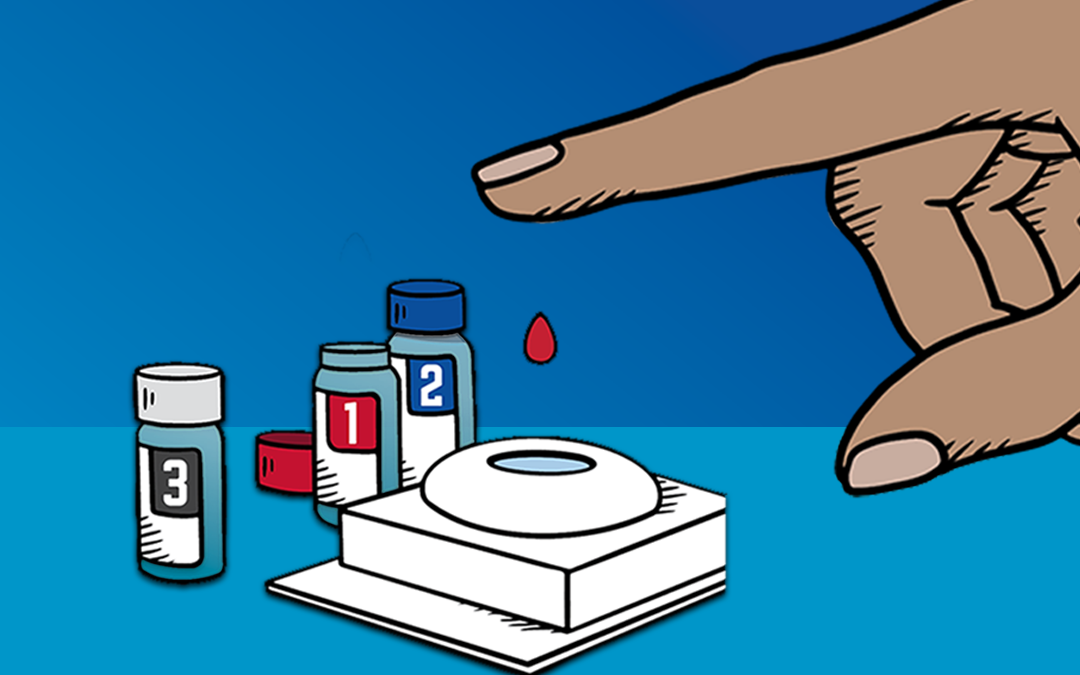By Roman Hayter
A survey conducted by First Nations communities in Saskatchewan and Alberta found that Indigenous Peoples living with HIV were less likely to know their status than the general population.
The Canadian AIDS Treatment Information Exchange, or CATIE, is part of a strategy by the federal government to distribute 200,000 HIV self-testing kits.
Trevor Stratton, an Indigenous man living with HIV, as well as a CATIE board member, said that CATIE’s main focus is to provide the public with information on HIV and Hepatitis C.
“CATIE is really about knowledge transfer; they provide accurate and up-to-date information on HIV and Hepatitis C and sometimes cross over into sexually transmitted and bloodborne infections,” said Stratton. “It’s kind of a game changer because a person can live with HIV and have a long and healthy life with the antiretroviral treatment. But of course the first step is to get tested, and not everybody gets tested and not everybody knows their HIV status, but now you can test yourself at home with just a prick of the finger and you can get the results within a minute, which is really amazing.”
Stratton described how recent studies that were conducted around the country have shown that some communities are being faced with much higher rates of HIV infections than others. “In 2018, PHAC, the Public Health Agency of Canada, put out an estimate that Indigenous people were 2.7 times more at risk for HIV than people in Canada who are not Indigenous, and we also know from that survey that in Saskatchewan and Alberta, Indigenous People are less likely to know their status if they have HIV,” said Stratton.
The new free HIV self-testing kits can be ordered online from CATIE’s website at http://selftest.catie.ca.
